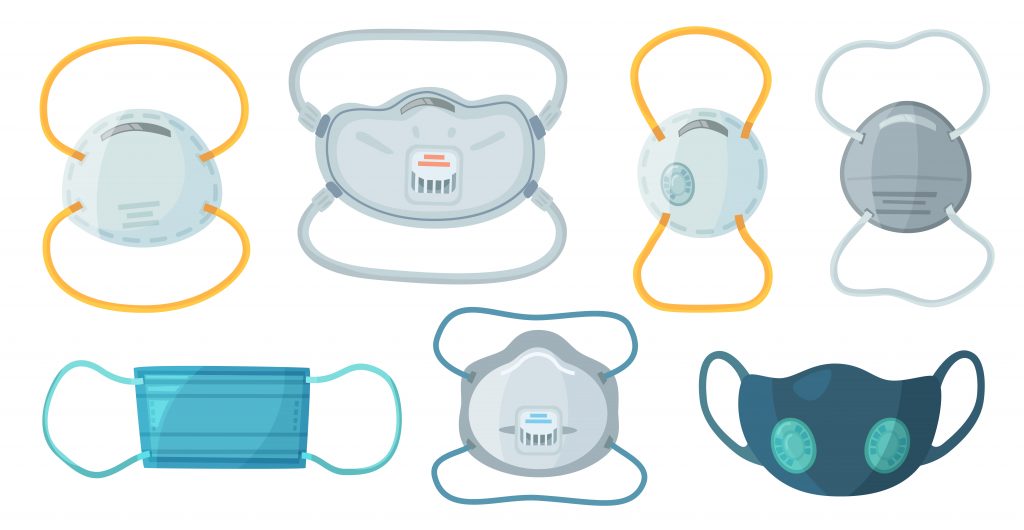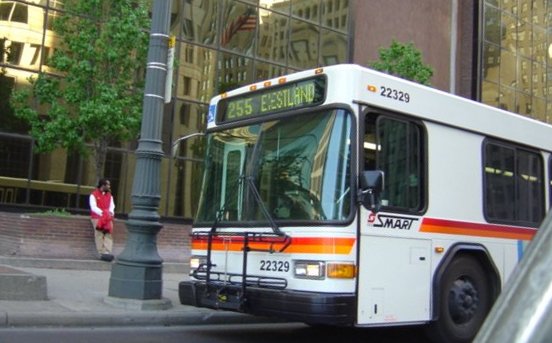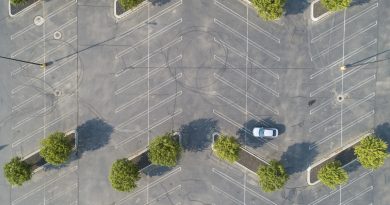The Fine Line Between Entrepreneurship and Price Gouging
A large portion of my academic research is split between the questions of what it would look like to make capitalism more equitable and whether there isn’t a better system altogether. I’m unconvinced that the second question has an answer in the affirmative. Unfortunately, there’s not really much consensus on what the tire fire of a system is that we have right now.
It’s sure as hell not capitalism as imagined by O.G. free marketeer Adam Smith, whose 1776 work The Wealth of Nations codified the modern idea of a “free market.” Marxist frameworks give us some valuable ways to better understand ideas about things like labor and power. But they don’t tell us how to run a society. (Lenin, Stalin, and Mao seem to have bungled the latter question pretty intensively, and they also kind of ruined the ‘M’ word forevermore).
CAPITALISM VS. HUSTLING
In one of my business classes, I read a great quote from Louis Brandeis that put far more eloquently something I’ve said for a long time. The quote was basically that there’s an important difference between a capitalist and a mere hustler. The horizon of benefit for selling a widget for the maximum immediate return is extremely limited, while scale and efficiency afford nearly limitless possibilities.
I thought about this when looking at a tweet today. The first tweet mentioned a news item about the FBI raiding someone’s apartment for stockpiling and resaling N95 masks for a profit. The retweet commented, “great! Now do the same for the insulin manufacturers.”
Let’s be real. There isn’t a “yeah, but” retort to be had here. There’s really no difference. Diabetics need insulin to live. Frontline workers need N95 masks to protect themselves from exposure to the novel coronavirus, which might kill them. Shouldn’t both have the right to affordable access to their respective needs? What is the difference?
INSTITUTIONALIZING PRICE GOUGING
The difference is that we’ve codified the rights of many manufacturers to price gouge. Fittingly, in the financial world, pharma is a bizarre and fickle cash cow. Investors tolerate spells of unprofitability because when companies have a breakthrough, they mint money as long as they maintain a patent. It’s somehow socially acceptable to let them gouge on prices because they spend millions of dollars developing novel drugs. It’s considered a risk-reward thing. Would The Poors be able to figure out on their own that if you build a 7-glyceride instead of a triglyceride, that the molecule is too big to pass through the intestine walls, thereby limiting your intake of unhealthy fats?
Maybe not. But they also don’t have billions in laboratory equipment. Or massive tax breaks. The list goes on. Unfortunately, the people who desperately need certain drugs don’t exactly own the stock of the company. Counterpoint, though. If someone risks their life to get a bunch of N95 masks– to COVID exposure, say- why aren’t they able to charge for that risk? (There are many academic rabbit holes to explore parallels of this question– how the State can legally murder someone, but an individual cannot, etc.)
Amazon says they’ve shut down a lot of sellers for price gouging. Yet, in my own tracking of a specific basket of protective gear for sale on the website over a few months, prices went through the roof over two months of COVID. I’m not talking about 500% markups, but I’m talking about well over 10 or 20%. In Michigan, even Menards (a Midwestern Home Depot but with more NASCAR) got busted for price gouging. Where’s the line there?
A lot of this comes down to the formal versus the informal. Why is the N95 mask hoarder making a 500% markup a criminal, while the pharmaceutical industrial complex making 5000% markup on a drug is just a “profitable” company? Hell. Aren’t both of them crooks? Why is the hot dog vendor making a 380% gross margin considered some working-class schmoe, but if someone’s got some of that sweet, sweet, Sand Hill money, they’re considered a startup entrepreneur?
We might actually start considering ways the economy can make more things that people need without price gouging. We might even start with things that save lives. Like medicine. Or N95 masks. COVID offers us an opportunity to rethink some of these ideas of value.
Let’s not blow it, ok?




